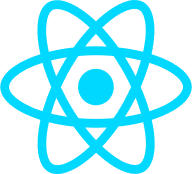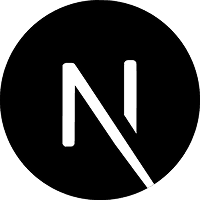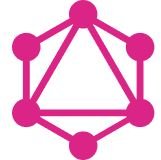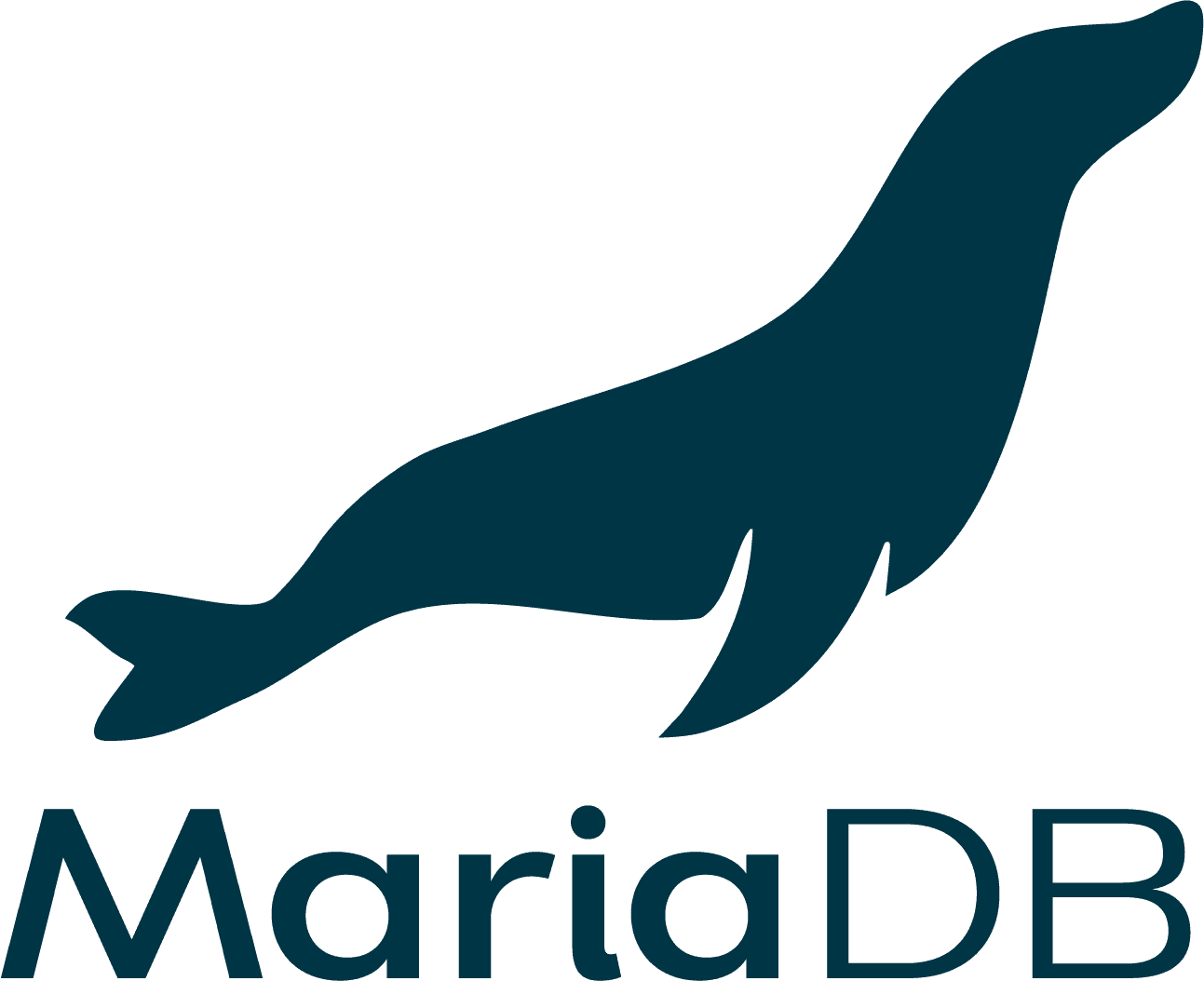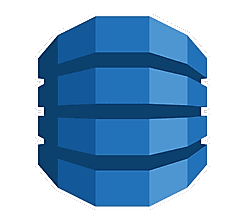Healthcare App Development Services
Improve patient experience and delivery better care, without losing out on operational efficiency and compliance
Our healthcare app development services can help you improve staff productivity, reduce costs, and achieve service excellence.





























CASE STUDY
OUR HEALTHCARE APP DEVELOPMENT SERVICES
Innovative Digital Services for Modern Healthcare Companies
To cover the growing demands of healthcare institutions, we offer fully custom healthcare app development services that cover an organization's entire gamut of requirements. Our offerings encompass direct interactions with patients and their caregivers, as well as tailored solutions for internal institutional use. Explore our services today.
EHR and EMR Solutions Development
HIPAA-compliant Software Development
Custom Healthcare Software Development
Telemedicine App Development
Clinic Management System
Pharma Application
Patient Portal

HEALTHCARE PORTFOLIO
Why Choose GeekyAnts As Your Healthcare App Development Company
Industry leaders trust our healthcare app development experts for a deep expertise in using the latest technologies to build quality, scalable solutions. We are a trusted healthcare app development company that can handle complex projects. Our healthcare developers and experts are also trained in the latest compliance norms and have experience incorporating them in our healthcare software and app development services.

Healthcare Engineers
Years of Experience
Projects Delivered
6+ Years of Industry Experience
Our portfolio includes solutions for industry leaders in critical areas like patient engagement, data delivery, and operation management.
Agile Project Management
We use the agile development process thanks to its flexibility, collaboration perks, increased transparency, reduced risk, and faster delivery timelines.
Superior Code Quality
Many of our healthcare developers are core contributors to leading frameworks like React Native and Flutter. This ensures the best code quality in the market.
Flexible Engagement Models
We follow a flexible engagement model based on business goals. Our healthcare developers and tech experts evaluate the best models and build a roadmap.
Design System Approach
Our healthcare developers follows a design systems approach to ensure the final product is consistent with brand guidelines and shipped with minimal iterations.
Timely Delivery
Our commitment to delivery timelines is watertight. We follow a strict process to ensure that we deliver apps and other add-ons within the agreed-upon timelines.
Dedicated Account Manager
During our engagement, we provide a dedicated account manager to streamline communication and ensure all views are implemented best.
Scalable Tech Architecture
We build apps to scale. Tech stacks chosen are on how they will scale with changing industry, operations and customer requirements.
Transparent Process
Our commitment to transparency ensures a clear and reliable process. We follow strict guidelines to maintain open communication and deliver all apps and features as promised.
CUSTOM MODULES WE ENGINEER
Major Modules to Build Your Custom Healthcare App
We have a wide range of healthcare modules that cover all the requirements of a healthcare organization. Our certified healthcare software and app experts and developers also make sure that all the modules and corresponding tech stacks work together perfectly.
Analytics and Reports
Clinic Assistance App
Campaign Management
Workflows Management
Patient Intake Forms
Billing and Payments
Doctor Dashboard
Practice Management
EHR/EMR
Billing and Payments
Learning Management
Telemedicine App
Mental Health and Wellness App
Healthcare News App
Offers and Promotions
Learning Management
Pharmacy App
Insurance Claim Management App
WHY TRUST US
Healthcare Systems and Solutions We’ve Built
OUR PROCESS
How We Work with You to Build the Best-in-the-Market Healthcare App or Solution
We follow a well-defined process that focuses on results and user experience. Our workflow is also flexible to ensure unique business requirements are met. Each step has quality assurance checks in place to make sure your healthcare app is devoid of any bugs.
- Research
- Define the app
- Confirm tech stacks
- Fix timelines
- Legal documentation

- Prototyping and Wireframing
- UI/UX Design
- Quality Analysis

- Testing
- Feedback and Iteration
- Deployment
- Post-launch Support

TECHNOLOGY EXPERTISE
Innovative Healthcare App Development Services With Compliant, Considerate, and Cutting Edge Technology
QUALITY & COMPLIANCE
Compliances We Specialize In for Healthcare App Development
GeekyAnts is partnered with technology leaders who define the foundation of design and development. We are trusted to deliver the best services through these associations.

Explore Our Range of Healthcare-Focused Services
Discover a comprehensive suite of custom healthcare software solutions built to enhance patient care, streamline clinical operations, and enable personalized health experiences. From telemedicine and mental health apps to EHR systems, AI chatbots, and wearable integrations, these offerings cover every aspect of modern, technology-driven healthcare.
Fitness App Development
Build apps that track workouts, monitor health, and boost fitness goals.
Telemedicine App Development
Enable virtual doctor visits, secure chats, and video consultations.
Mental Health App Development
Create tools for therapy, mood tracking, and emotional wellness.
Activity Tracking App Development
Track steps, calories, workouts, and fitness routines daily.
Healthcare/Medical AI Chatbot
Offer instant support with smart, AI-driven medical conversations.
Diet Nutrition and Meal Plan App Development
Plan meals, count calories, and guide healthy eating.
Medical Billing Software Development Solutions
Automate billing, claims, and payment workflows easily.
Pharmacy Management App Development Solutions
Manage inventory, prescriptions, and medicine deliveries.
EHR and EMR App Development Company
Build secure apps to store and manage patient records.
Medical Reminder App Development Solutions
Remind users of medicine, appointments, and treatments.
Medical Device Software Development Company
Connect, monitor, and manage health devices in real time.
mHealth App Development
Create mobile apps that support health tracking, care access, and remote monitoring.
Wearable App Development
AI Solutions for Healthcare
Hire Our Healthcare App Development Experts
Get a free discovery session and consulting to start your project today.

FAQs
Learn More About Our Healthcare App Development Services
On average, healthcare apps can range from $50,000 for simple apps to over $500,000 for complex, feature-rich solutions. Factors that influence the cost are varied. But the following are the major ones.
- App Complexity: Basic healthcare apps (like appointment booking) may cost $30,000–$60,000, while more complex apps (like telemedicine or EHR systems) can range from $100,000–$500,000+.
- Features and Functionality: The number and complexity of features (e.g., video calls, real-time chat, integrations with medical devices, secure data handling, etc.) greatly influence the cost.
- Design: A custom, highly polished UI/UX design can add to the cost. Simple designs may range from $10,000–$30,000, while more advanced designs could increase costs significantly.
- Compliance and Security: Healthcare apps need to adhere to regulatory standards like HIPAA (in the US) or GDPR (in Europe), which increases development costs due to the need for secure data handling and privacy measures.
- Platform: Developing for multiple platforms (iOS, Android, web) increases costs. A single platform app will be cheaper, while a cross-platform or native app for multiple platforms will cost more.
- Development Team Location: The cost varies depending on where the development team is based. For example, development in the US or Europe can be significantly more expensive ($100–$250 per hour) than in other regions like India ($20–$80 per hour).
- Maintenance and Updates: Post-launch support, updates, and bug fixes also add ongoing costs, usually estimated at 15-20% of the initial development cost annually.
The time it takes to develop a healthcare app depends on several factors, such as the complexity of the app, the number of features, the platform (iOS, Android, or both), and the experience of the development team. Basic healthcare apps, like appointment scheduling or simple health tracking tools, can typically be developed in around 4 to 6 months. Moderate complexity apps, which may include telemedicine features, patient communication, and medical device integrations, can take 6 to 12 months. However, for highly complex apps, such as those with EHR/EMR systems, AI-driven diagnostics, or deep hospital system integrations, the timeline can extend from 12 months to 2 years.
Additional factors also impact the timeline, such as ensuring regulatory compliance (e.g., HIPAA, GDPR), which can add 1 to 3 months to the process. Developing for multiple platforms (iOS, Android, or web) simultaneously can further extend the timeline, while using cross-platform development frameworks may speed things up. Prototyping, user experience design, thorough testing, and quality assurance—especially critical for healthcare apps—typically take several months, depending on the app's complexity. The team’s size, experience, and ability to handle complex regulatory requirements also play a key role in determining the overall development timeline.
To ensure that your healthcare app is HIPAA compliant, you should conduct a thorough risk assessment, implement appropriate administrative, physical, and technical safeguards, and ensure that any third-party vendors you work with are also HIPAA compliant. You should also have a signed Business Associate Agreement (BAA) with any vendors who have access to protected health information.
The benefits of healthcare app development include:
- Improved patient outcomes
- Reduced healthcare costs
- Enhanced patient experience
- Increased access to healthcare services
- Improved communication between patients and healthcare providers
- Better medication management
- Increased patient engagement
Healthcare app development often involves the use of mobile app development frameworks such as React Native, Ionic, or Flutter, as well as backend technologies like Node.js or Python. Other technologies commonly used include cloud computing services like Amazon Web Services or Google Cloud Platform, and data visualization tools such as Tableau or PowerBI.
Some important considerations when developing a healthcare app include ensuring compliance with regulations such as HIPAA, ensuring the app is secure and protects user data, designing a user-friendly interface, and ensuring that the app is accessible to people with disabilities.
To ensure that your healthcare app is secure, you should implement appropriate security measures such as data encryption, two-factor authentication, and regular security audits. You should also ensure that any third-party libraries or services you use are regularly updated and have a good security track record.
To make your healthcare app accessible to people with disabilities, you should follow the Web Content Accessibility Guidelines (WCAG), provide alternative text for images, ensure that the app can be navigated using a keyboard, and ensure that the app is compatible with screen readers and other assistive technologies.
To ensure your healthcare app is user-friendly, you should conduct user testing and gather user feedback during development. You should also design the app with a clear and intuitive interface, and ensure that the app is responsive and works well on various devices.
Healthcare App Development
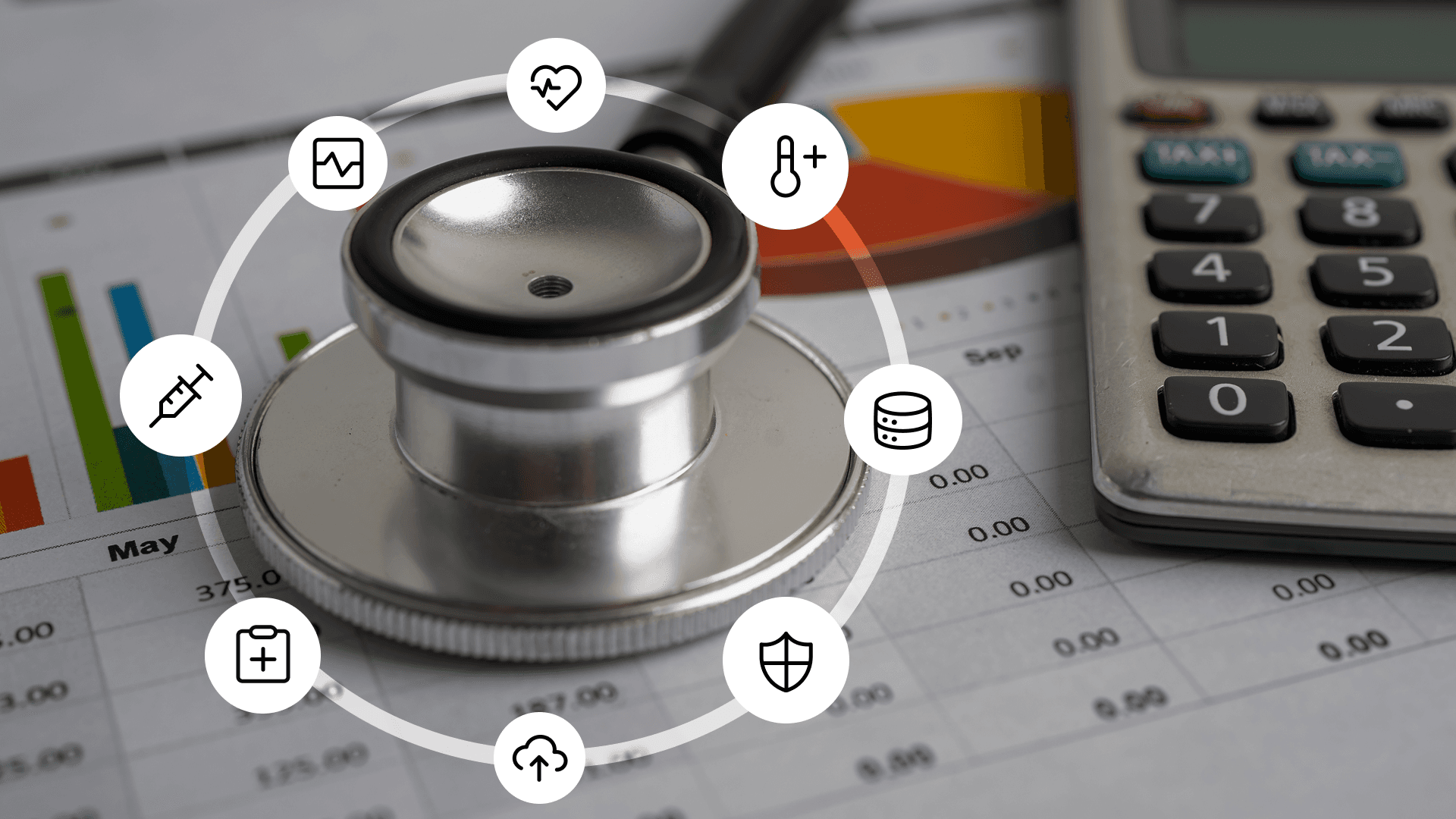
From EHRs to AI Tools: 16 Essential Healthcare Software Solutions in 2025-26

How to Build a Diet Planning App in the USA: GeekyAnts’ Ultimate AI Nutrition Coaching Guide

Top 5 Healthcare Trends in 2025

The New Era of Predictive Healthcare with AI
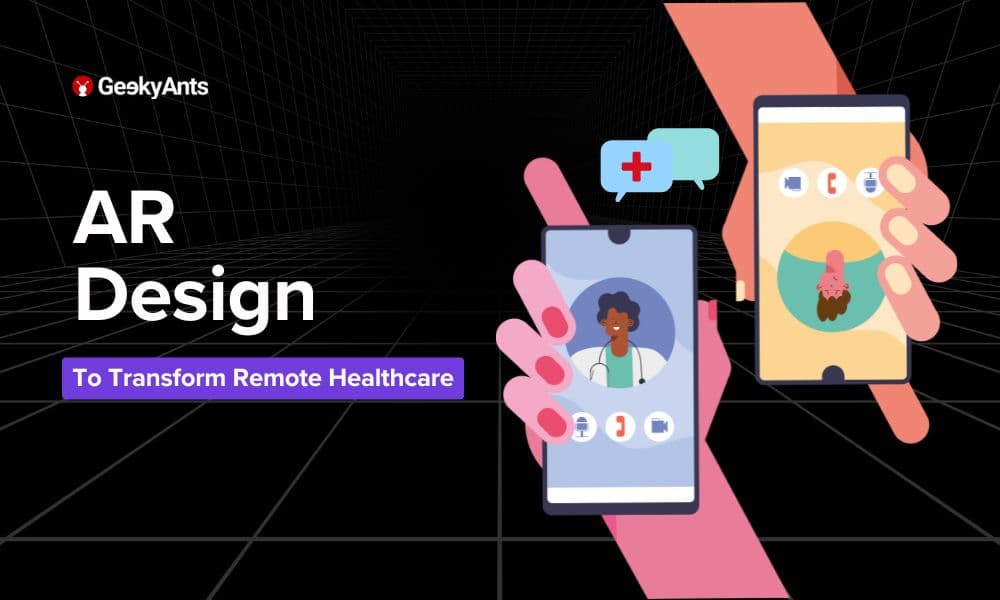
AR Design in Telehealth and Telemedicine Apps: Transforming Remote Healthcare






















